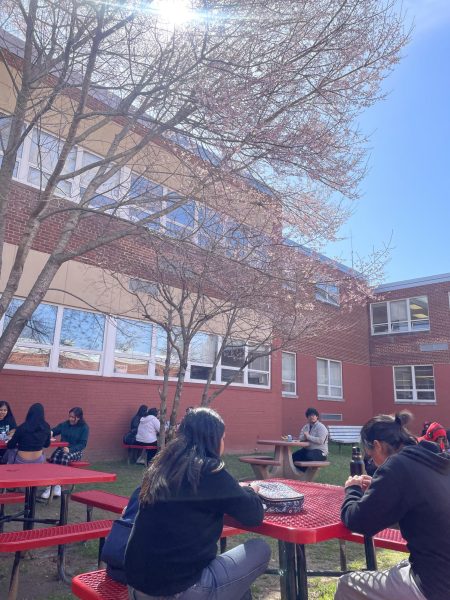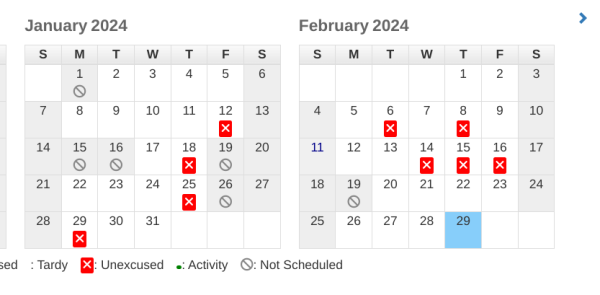Pro-Choice vs. Pro-Life
Abortion has been an important issue lately all across the country whether people hear about it in the news, social media, or just at school. Abortion is a hard topic and deciding whether a woman should have the right to have an abortion has been controversial topic these days.
There have been many debates over “pro-choice” and “pro-life”. Pro-choice means that women have the right to terminate their pregnancy, and if she wants to have an abortion, she can legally have one. Many individuals who are pro-choice have been upset about the fact that many male members of Congress have been voting on and making laws about women not being able to get abortions when they aren’t women. These individuals use the court case Roe v. Wade to back up their answer as to why they are pro-choice.
The Roe v. Wade court case of the Supreme Court of the United States assures the rights of women to have an abortion legally. This gives the mother the right to decide whether she wants to have a child or not.
“I’m pro-choice because I think it expands over a mother’s choice to abort or to live,”junior Tania Ruiz said. “Just because it’s something I wouldn’t do, doesn’t mean that I should restrict another person’s choice to do so.”
Many states have been challenging this court case and want to get rid of and replace it with one that bans abortion. An example of a state that has banned abortion and does not support Roe v. Wade is Alabama.
Alabama banned abortion with the Under the Human Life Protection Act. This act says that a doctor who performs an abortion on a female will get a Class A felony and the woman will also face charges for murder, for trying to kill her unborn child. This law also does not allow abortions for victims of rape or incest.
Pro-life means that they believe every single human whether it’s unborn, has the right to live. Moreover, they oppose abortion and believe that it is wrong.
There have been many anti-abortion movements that began due to the legalization of abortion. This has been going on ever since the Roe v. Wade case in 1973 and has influenced many countries and not just the United States.
Deciding whether which one is more appropriate than the other, comes all down to the person’s religion, cultural view, and their situation.

Junior Kristina Regmi is in her first year in A-Blast as a staff writer. She spends a lot of time watching shows, movies, and spending time with friends...







